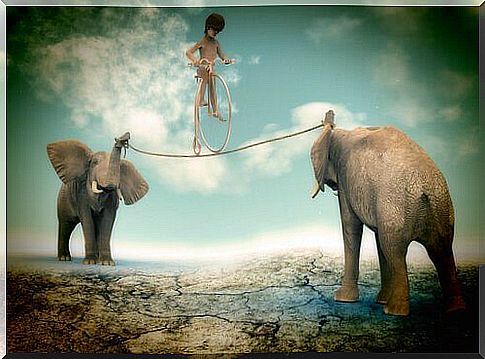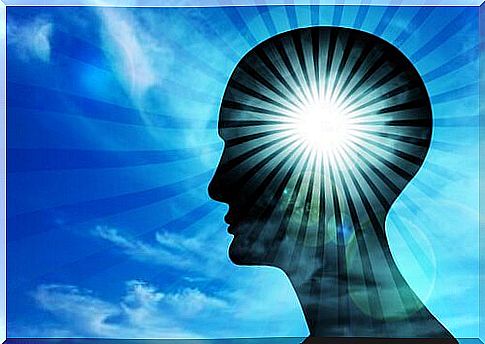Where Does Strength Of Will Come From?

Even though “strength of will” is a phrase we all use, you may not know that this is a concept around which there is significant controversy.
From a philosophical point of view, the “force of will” finds its origin in metaphysics, in particular in Aristotle.
This concept was subsequently introduced in Western religions, becoming over the years a virtue of the first order.
Willpower is defined as the ability to direct and control our own actions.
The metaphysicians and the religious point out to us that this force arises exclusively from the free will of each one.
However, psychoanalysts have dealt a major blow to the concept of “will”, and all the more so to that of “force of will”, by discovering the secrets of the unconscious.

What emerges from the control
For psychoanalysts, conscious processes are just the tip of the iceberg of mental activity.
In reality, our thoughts and actions would be determined more by a force that is not that of the will, but rather that of the unconscious.
This discovery helps to explain many things. The typical example is that of lapsus linguae , short periods of time during which a person wants to say something but, “unwittingly”, says something else.
The subconscious is also responsible for failed acts : a person wants to do something specific, but ends up doing an entirely different action.
We see these phenomena every day, in our daily life. Some people want to arrive early for their appointment but “unwittingly” arrive late, or never arrive. Others want to get ahead in their work, but end up doing something else entirely.
For psychoanalysis, the will is not a force, but the expression of an unconscious desire. It is only when a person is in accord with his desire, that the will follows. If not, the will can betray her.
This is why certain projects will remain forever in the state of projects, desires for change never come true, or intentions never turn into actions.
Eastern philosophies, like Zen, also do not address “willpower” in their practices.
They argue that this concept is more of a “self-aggression”, and that it must be replaced by understanding and love, which are the only two forces capable of carrying out an action correctly.
Will and Consciousness
What psychoanalysis and Eastern philosophies have in common is the idea that the will is not an act of force.
Moreover, action can only be engendered by understanding and therefore, only by consciousness.

When we have conscious and well-defined goals, but we don’t convert them into actions, then the solution is not to force ourselves to act in them.
These situations are not negative, they send us a message that we must listen to. Something is blocking our will to act in a certain direction.
In reality, what we lack is not the strength of will, but the triumph of a desire of which we are unaware.
If we want to maintain a strict diet, for example, but also want to eat whatever we want, when we want it, conflict arises.
No matter how much we start the diet, we will end up falling for a fatty and unhealthy food that attracts us, and we will then navigate a state between guilt and satisfaction.
What is happening here is that we have rationalized the benefits of healthy eating, but we haven’t fully understood our desire to eat what we want.
The food then becomes much more than a flavor in the mouth, or a sensation in the stomach.
This urge that we feel speaks to us of a deeper desire, which reduces our “willpower” to zero.
And in this case, our will does not follow. When we try to go on this diet, our desire clashes with our conscious will.
It is therefore impossible to speak of a lack of character in this situation, but rather of a symptom of the unconscious. If this symptom is deciphered and understood, it will pass out.
We may need to force our hands less, and understand ourselves more, if we want our intentions to turn into actions, and those actions to be consistent with what we really want in life.









